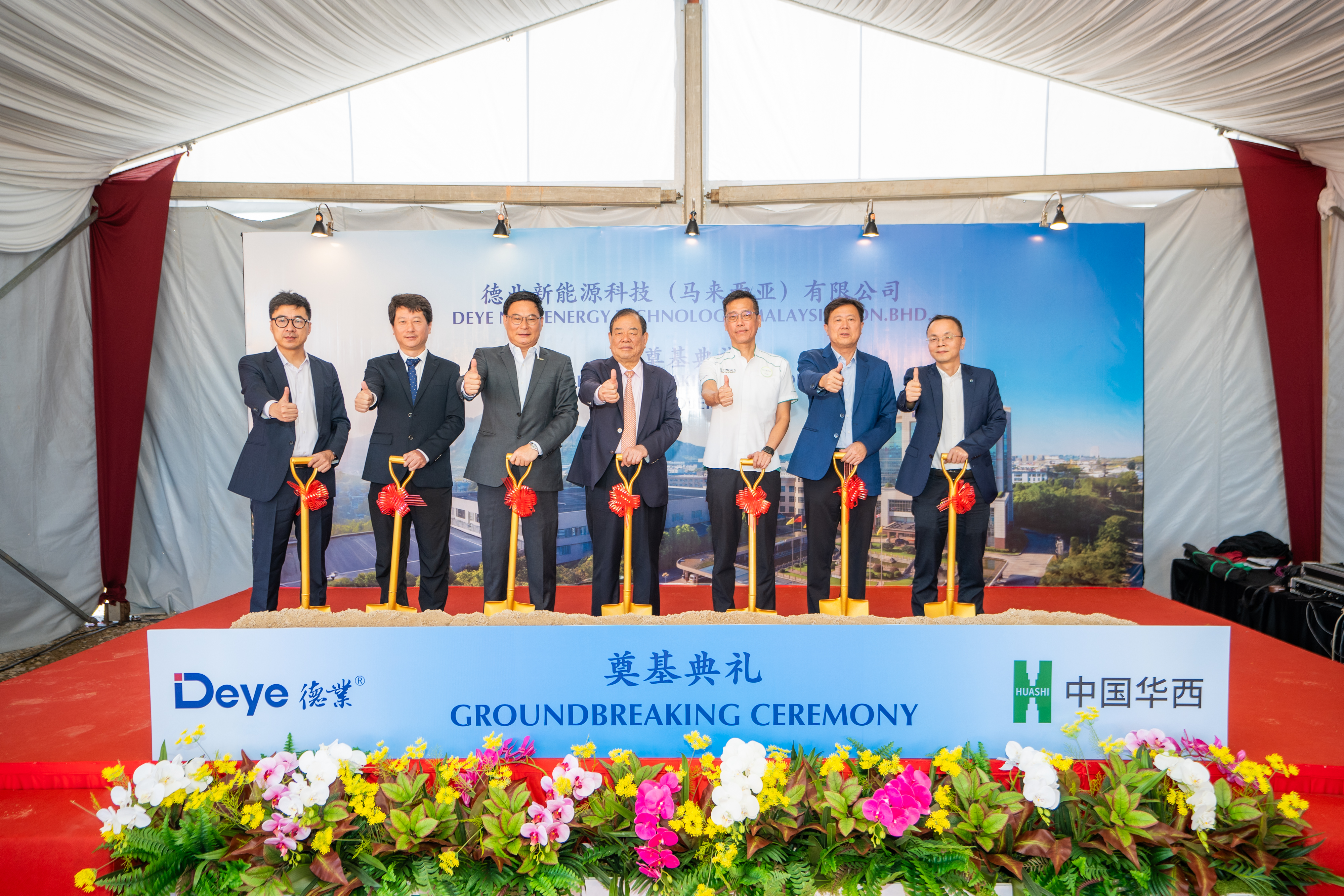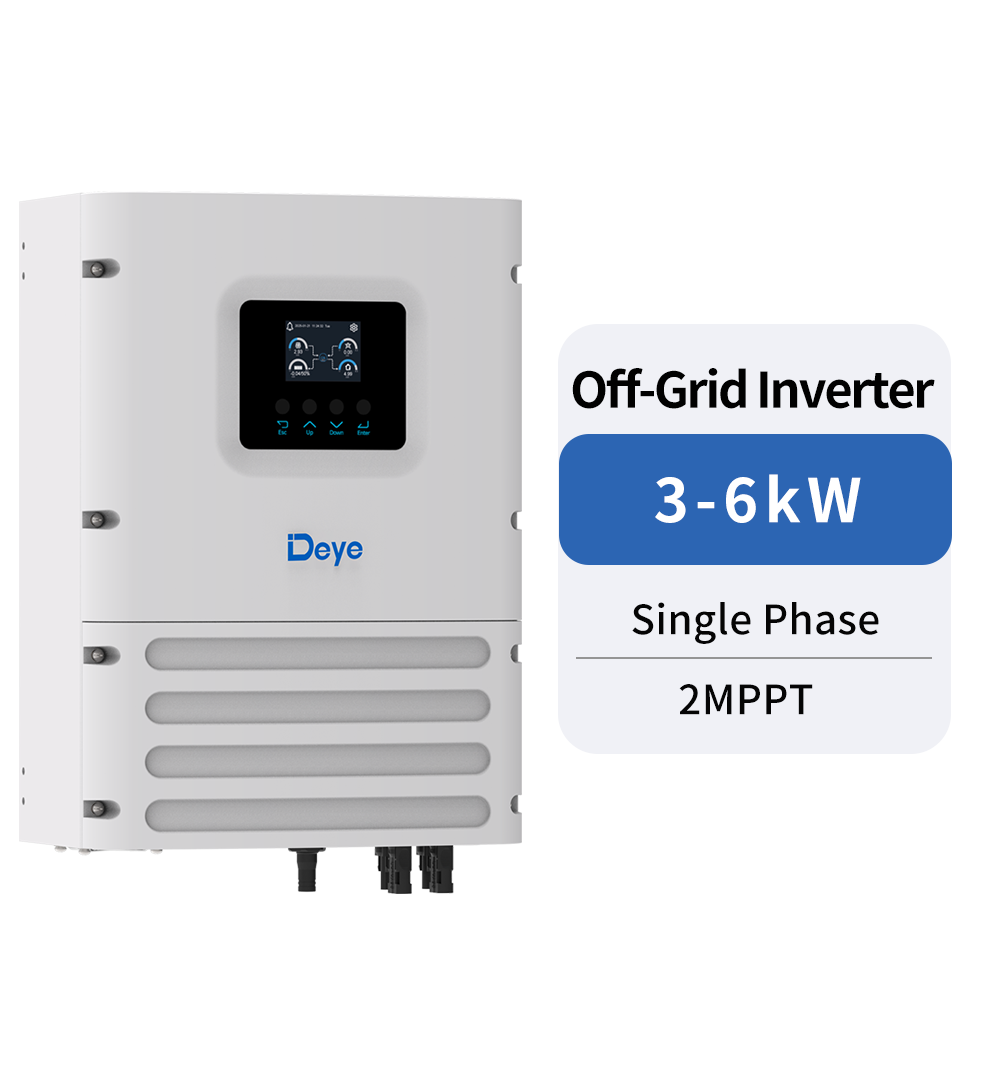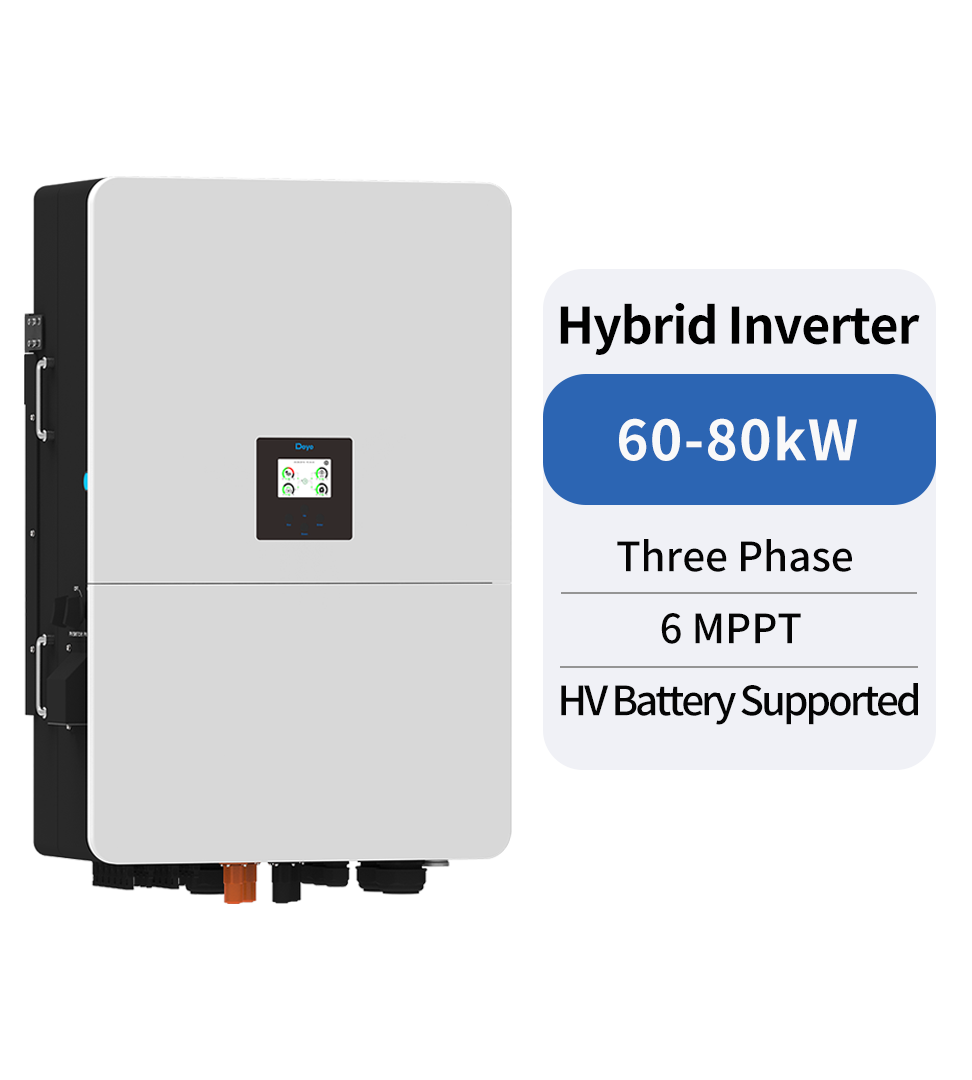Technical Topics
What is the difference between an inverter and a hybrid inverter
An inverter is an electrical device that converts direct current (DC) electricity into alternating current (AC) electricity. Inverters are commonly used in renewable energy systems, such as solar power systems, to convert the DC power generated by solar panels into AC power that can be used to power homes and buildings.
A hybrid inverter, on the other hand, is a type of inverter that is designed to work with both renewable energy sources, such as solar power, and traditional energy sources, such as the utility grid. A hybrid inverter is essentially a combination of an inverter, a charge controller, and a grid-tie function.
The main difference between an inverter and a hybrid inverter is that a hybrid inverter can work with both renewable and traditional energy sources, while an inverter can only work with renewable energy sources.
Some of the features that a hybrid inverter may have are:
Energy storage capability: to store excess energy generated by the renewable sources for later use.
Grid-tie function: to connect the system to the utility grid and sell excess energy back to the grid.
Automatic switching: to switch between renewable and traditional energy sources as needed.
Monitoring and control: to monitor and control the system through a mobile app or web portal.
Hybrid inverters are ideal for homes or buildings that are looking to use both renewable and traditional energy sources, and want to have the option of storing and selling excess energy. They can provide more flexibility and reliability than traditional inverters, as they can automatically switch between different energy sources to ensure a steady supply of electricity.
PREV:How big of a solar system do I need to run an air conditioner
NEXT:Can I run an air conditioner on solar power
Share
Product recommendations
news recommendations
-

-
 Green Industry, Bright Future: Deye Distributor Summit – Dubai 2025 Concludes Successfully
Green Industry, Bright Future: Deye Distributor Summit – Dubai 2025 Concludes SuccessfullyIn November 2025, Deye Group successfully hosted the “Green Industry, Bright Future—Deye 2025 Dubai ...
-
 Deye’s Malaysia Johor Manufacturing Base Officially Breaks Ground — A Key Step Forward in Its Globalization Strategy
Deye’s Malaysia Johor Manufacturing Base Officially Breaks Ground — A Key Step Forward in Its Globalization StrategyOn October 2, 2024, Deye Group (hereinafter referred to as “the Company”) held a groundbreaking cer...

 China - 简体中文
China - 简体中文 Global - English
Global - English Brazil - Português
Brazil - Português Netherlands - Dutch
Netherlands - Dutch Italy - Italiano
Italy - Italiano Germany - Deutsch
Germany - Deutsch Spain - Español
Spain - Español France - Français
France - Français Vietnam - Tiếng Việt
Vietnam - Tiếng Việt Poland - Polski
Poland - Polski Australia - English
Australia - English


